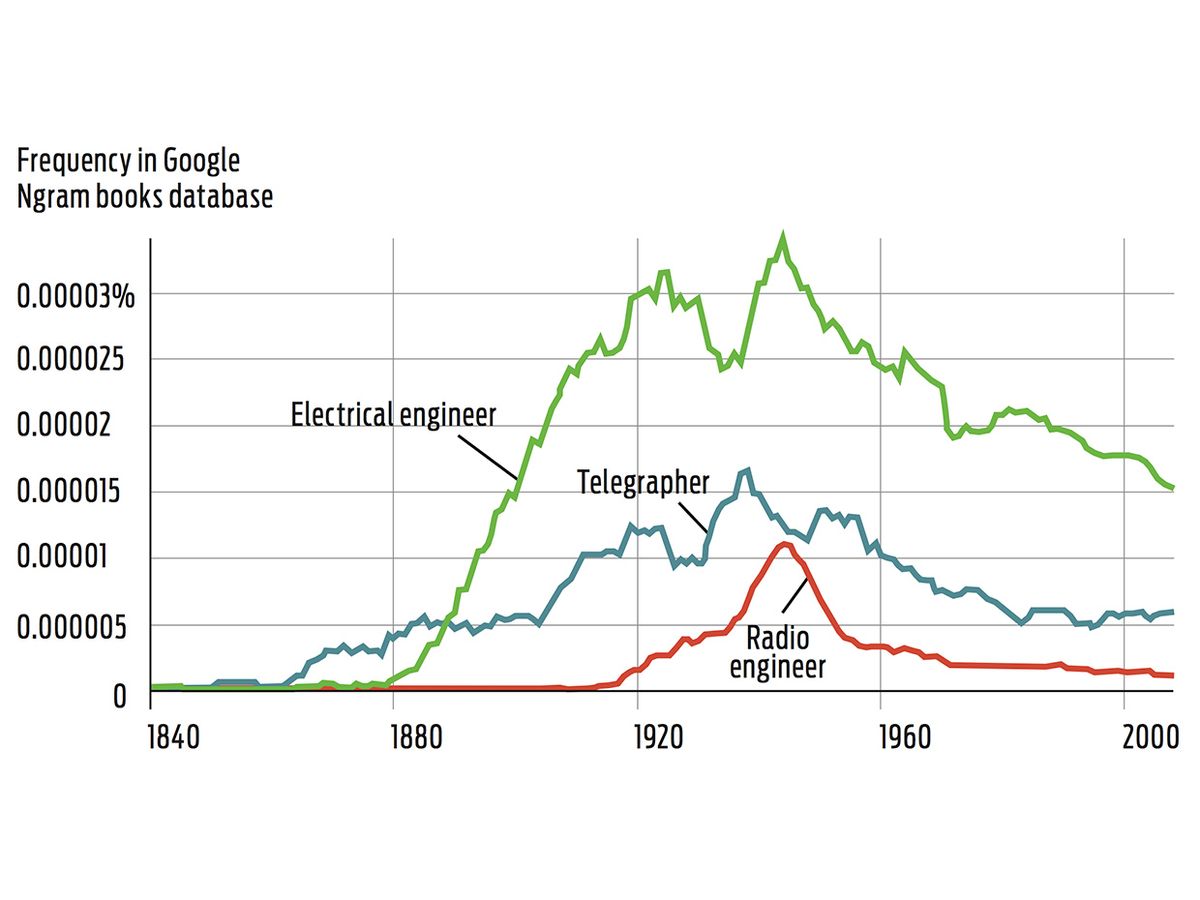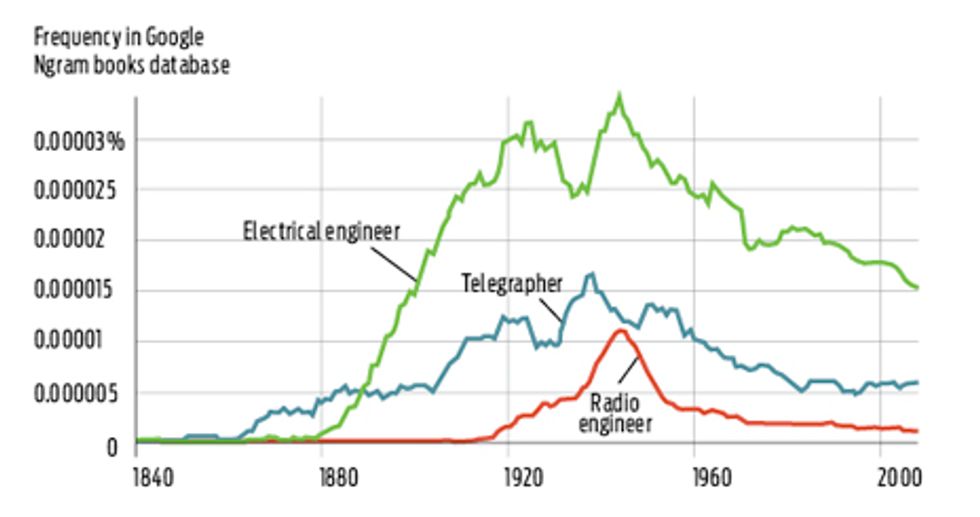If you were looking for a computer job on the Mark I, you might have described yourself as a coder, not a programmer, a term that wouldn't emerge until the 1950s. In the late ’50s you could have added computer operator to the job hunt, but a decade later the computing community realized these jobs were not as easy as they seemed, so it created terms like software engineer. Other suggestions (possibly in jest) included flow‑charts‑man, comptologist, and even turingineer. More serious options included informatician or datolotist.
“It’s not just word preference, it’s identity,” says University of Texas science historian Nathan Ensmenger. Computer operator positions were frequently filled by women, as were those of coder, keypunch operator, and computer (a term that used to refer to the person, not the machine). As the low-level jobs became automated, women gradually left what we now refer to as computer science, a term that was initially controversial, says Ensmenger. “Some thought you can’t have a computer science any more than you can have a television science.”
These trends can be verified in Google Ngram Viewer, a database of thousands of terms that combs through millions of digitized books. Ngram can't show how many people filled these positions, but it does show how frequently job titles were mentioned. Some terms, like computer operator, peaked in the early 1980s and dropped off when the position became automated. Software engineer spiked in the '90s during the dot‑com boom and then dipped. The word information, as in information architect and information specialist, has become more popular. References to the lone word engineer increase around the world wars, in the early 1910s and early 1940s.
Radio engineer has come and virtually gone, evolving into more marketable titles like electronics engineer and electrical engineer, according to Matthew Wisniosky, a science historian at Virginia Tech—perhaps due in part to the 1963 merger of the Institute of Radio Engineers and the American Institute of Electrical Engineers that formed the IEEE.
And what about the jobs of the future? The industry may look for people who think more broadly about what computerization might mean for specific industries. “They don't have a great title for that yet,” Ensmenger says.
About the Author
Ada Brunstein is a linguist-turned-writer in Brooklyn, N.Y., who has lost countless hours to the lexical riches of the Google Ngram Viewer. She works in academic publishing, acquiring computer science and robotics books. Brunstein has written for The Atlantic, Technology Review, and others on science, language, love, religion, robots, women, wine, and whiskey—“often about one under the influence of another,” she says, “but never about all at once.”

